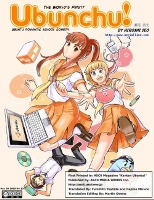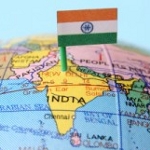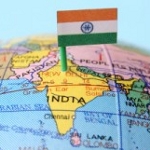
Ushahidi - Born in Africa
On April 20th, 2010, a methane gas explosion ripped apart the operational oil rig “Deepwater Horizon” in the Gulf of Mexico. This accident has become a catastrophe – the largest oil spill in US history. It has damaged the entire ecosystem of life in the Gulf. The ocean waters and shorelines of Gulf states all the way to Florida and the Mississippi river delta continue to be ravaged by the gushing oil. The spill is affecting millions of people, marine life and wildlife. Major parties involved are trying to find effective solutions to control the spill and cap the leak. More needs to be done.
Tracking the damage
In the last 64 days, many technologies have been deployed to track the oil spill damage and its cleanup. For example, the Oil Spill Crisis Map project by the Louisiana Bucket Brigade and Tulane University students has successfully been used to track oil spill reports and incidents.
Oil Spill Crisis Map is built on Ushahidi, an open source platform for crowdsourcing crisis information. Ushahidi allows the project team to visualize data on maps and gather data via multiple channels – Web, Email, Text Messaging (SMS), Multimedia Messaging (MMS), Twitter and Cell Phones (including iPhone and Android). Anyone can use these channels to report geo-tagged incidents about oil damaged terrain (beaches, islands, shorelines) and wildlife. Reports can even be submitted anonymously by people.
The power of such a distributed design is evident. 923 reports have been filed to date with 81.26% verification. This information is open, free and accessible (available in multiple open formats such as RSS, KML, JSON, CSV) to anyone who needs it. Anyone can also sign up and receive email or text alerts about spill damage reports in their local area. The tool has empowered local communities to actively participate in tracking, reporting and preventing further damage.
A Potent Combination
Together, crowdsourcing and open source are a potent combination especially during possible emergencies. In this case, the Ushahidi based Oil Crisis Map has helped share data across communities and has openly presented the magnitude of the oil spill. Also, it has enabled people on the ground to actively participate in solving this crisis using current and accurate information.
Ushahidi (Swahili for “testimony”) itself emerged from another emergency – monitoring a disputed Kenyan election in 2007 with a mash-up of eyewitness reports onto a Google map. Today Ushahidi has developers from Kenya (where it started), Ghana, South Africa, Malawi, Netherlands and the US. Ushahidi was also used in Project Vote Report India for India’s 2009 general elections to track election irregularities.
Crisis management software has entered a new era with open source and open data tools like Ushahidi. Open source maximizes opportunities for reuse. Open data maximizes opportunities to share and analyze results. Broadcasting results through the Internet makes outreach possible to affected communities within hours of any emergency. Tools like Ushahidi lower barriers to automated tracking and reporting on crises. Ushahidi is a game changer.








